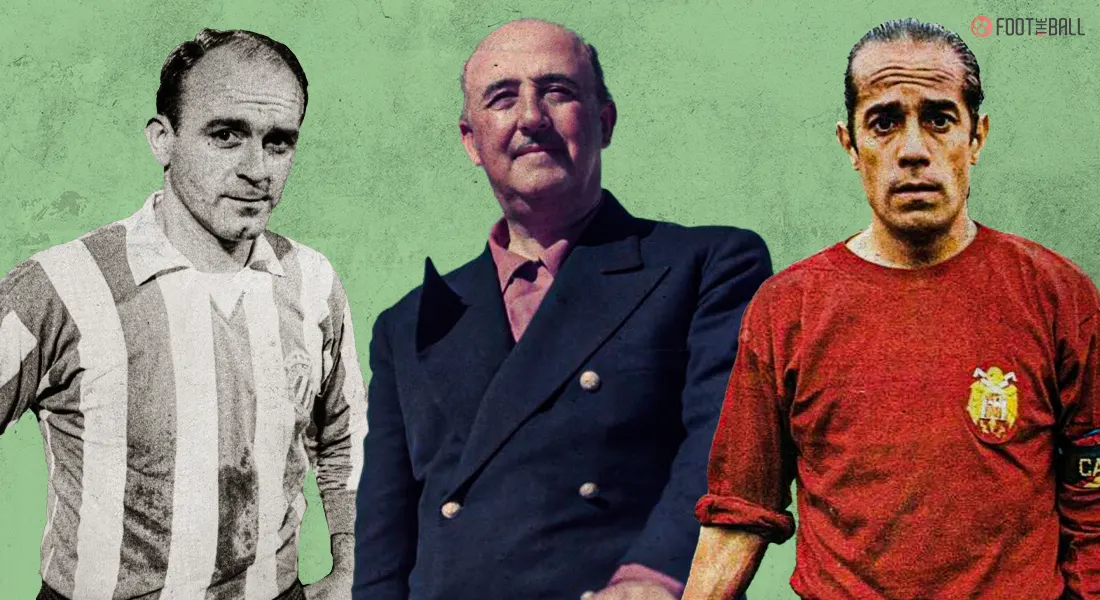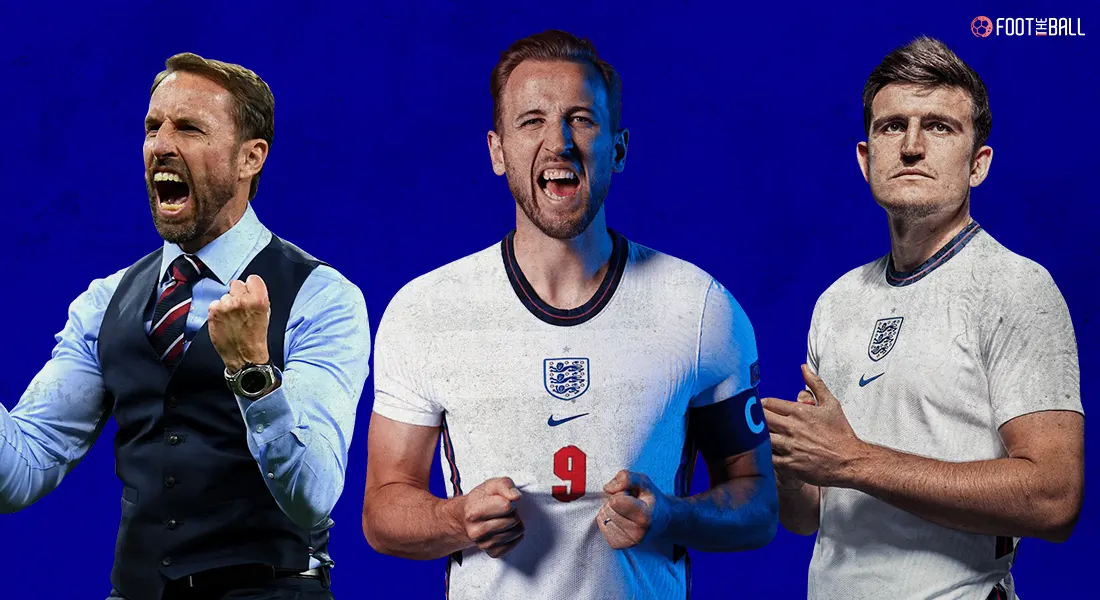This summer the 16th European Championship will be staged across the continent named after Greek god Zeus’ consort Europa – it has over the years become the second-most prestigious competition in international football after, of course, the FIFA World Cup. The first Euro in 1960 is remembered for something strange Spain did in the tournament.
Contemporary sport has become a platform for sometimes delivering positive messages and expressing solidarity with viewers/spectators across the world.
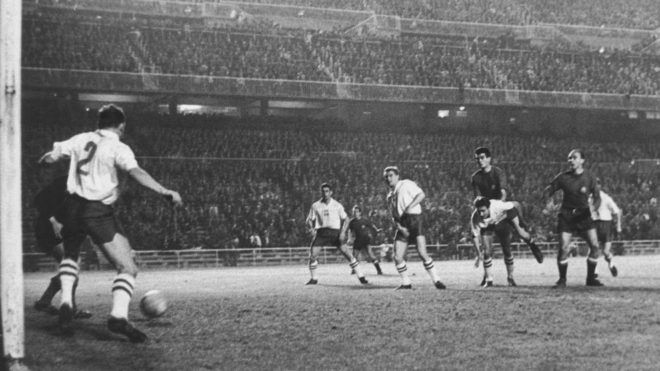
Like the stand against racism that football players and organisations took in light of the Black Lives Matter movement. But more than six decades ago, politics reared its ugly head just before the commencement of the first ever European Championship tournament in France.
As we count the days down to June the 11th, 2021, let’s travel back in time to the 1960 Euro in France where Spain – who were at that time a force to be reckoned with – refused to participate after being drawn against the erstwhile USSR in the quarter-finals of the tournament
SPAIN WITHDREW FROM THE 1960 EURO TOURNAMENT
May the 29th, 1960 was the momentous day when perhaps the greatest football side in international football at that time was debarred by El Caudillo from participating in the inaugural European Championship.
The entire Spanish squad, including the likes of Real Madrid’s Alfredo Di Stefano and Paco Gento, Barcelona’s Luis Suarez (no, not the Uruguayan playing for Atletico Madrid currently) and Laszlo Kubala, were told to stay put on the Iberian Peninsula by the Spanish dictator and de facto ruler Francisco Franco.
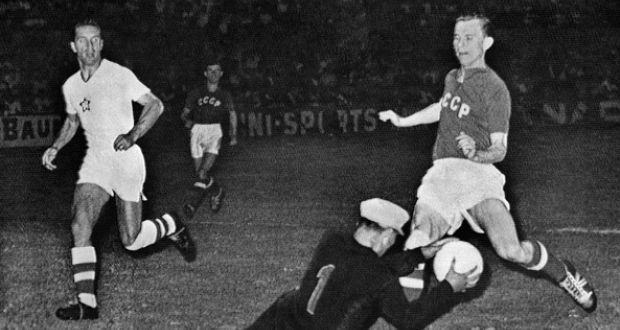
La Roja were scheduled to arrive in Moscow on May 29, 1960 for the first leg of the quarter-final before the return leg in the Spanish capital on June 9, 2021. But their trip to the erstwhile Soviet Union came to an end even before it could begin.
The only Ballon d’Or winner till date from Spain – Luis Suarez – recalls being bluntly informed that the squad wouldn’t be travelling to Moscow. “We were sure that we could beat them and become European champions” he said. “But they told us that there were orders from above, from Franco, and that there was nothing they could do”.
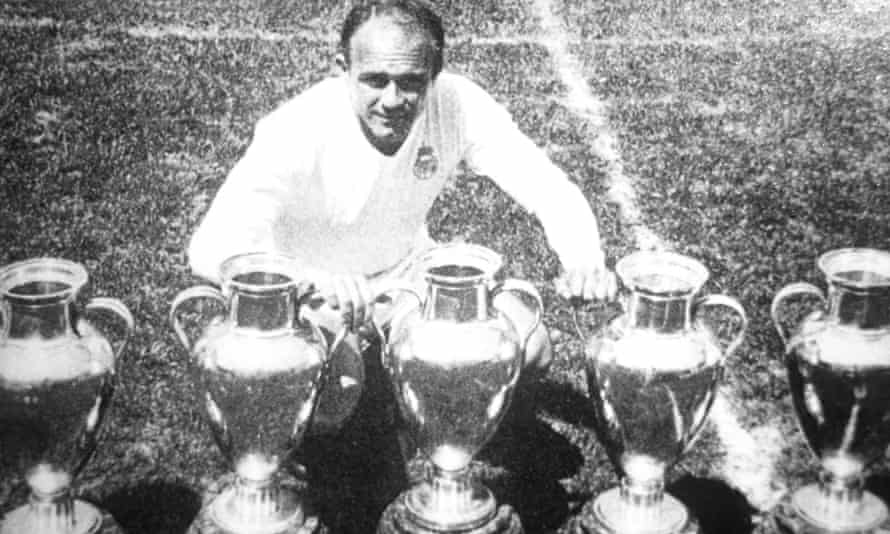
Alfredo Di Stefano wouldn’t cease asking questions from the Spanish Football Federation’s head for the reason behind Spain’s unceremonious withdrawal from the continental tournament. But the only reply that he could elicit was “[A decision has been taken] by those above”. “We are not going to Moscow, Franco has said”.
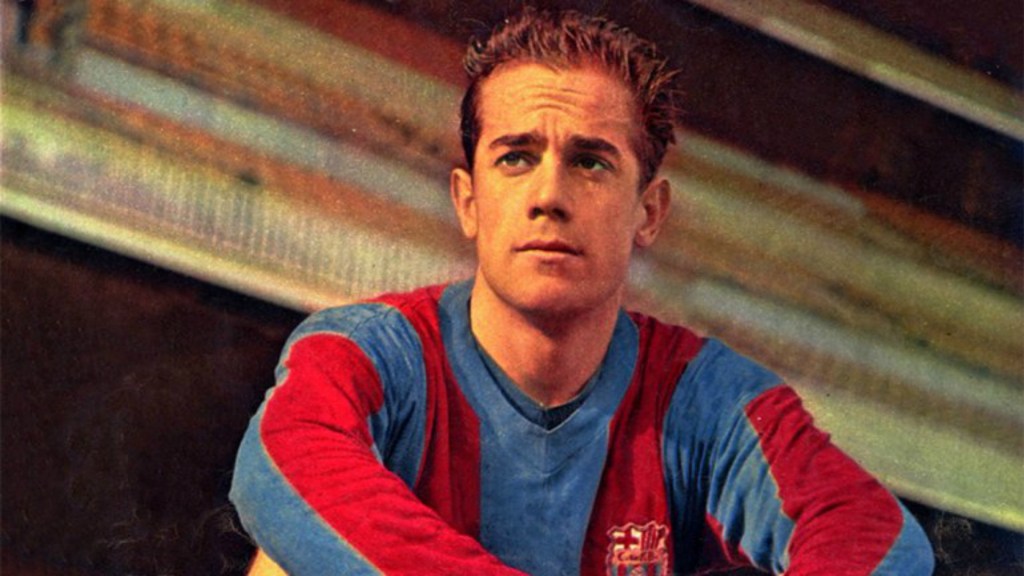
This resulted in a lot of exasperation and angst in the Spanish camp. The players knew that they had what it took to beat the rather ostentatious USSR side that took pride in its emphasis on its supposedly superior health standards, sporting merit and virility.
In addition to this, the Soviet squad had amongst its ranks Lev Yashin – the only goalkeeper to ever lay claim on the Ballon d’Or in 1963, affectionately called the ‘Black Spider’.
FRANCO FORBIDS PERMISSION TO PARTICIPATE
Thus, during the summer of 1960 the Spaniards lost perhaps a golden opportunity of stamping their authority on the European continent and probably the entire world as they withdrew from the tournament prematurely on General Franco’s orders.
At that time, Real Madrid was a club that generated equal amounts of respect and fear across Europe. Los Blancos had won the first five European Cups in club football – a feat that is unparalleled to this day – and their hegemony amongst Europe’s footballing elite was evident.
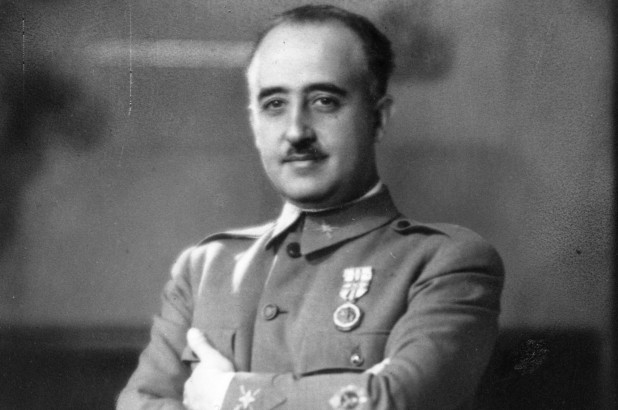
But, once again like the majority of political events in any era, the then recently concluded Second World War played spoilsport as General Franco strictly warned the team from travelling to Moscow.
The actual rationale behind this rather arbitrary directive lies in the aftermath of the Second World War – when tensions were constantly simmering between countries divided by the Iron Curtain during the Cold War.
The Soviets had been amongst the Allies in WW2, while the Spanish regime of General Franco swore its fealty to Adolf Hitler and Nazi Germany. Hence, Franco’s apprehensions regarding a match between Spain and the USSR at the European Championship.
COLD WAR PLAYS SPOILSPORT AT EURO 1960
The Spanish squad had gathered in Madrid on 24th May and were set to board the flight to Moscow on the 27th, but the abrupt cancellation of their match-up with the Soviets ‘surprisingly’ didn’t receive any attention from the country’s media outlets who were eerily silent on the entire issue.
The Soviets urged UEFA to bring into force FIFA’s rules that resulted in the ouster of La Roja from the tournament. This singular event proved decisive later on as the Soviets ultimately triumphed in La Ville Lumiere by winning in the title decider match with Yugoslavia.
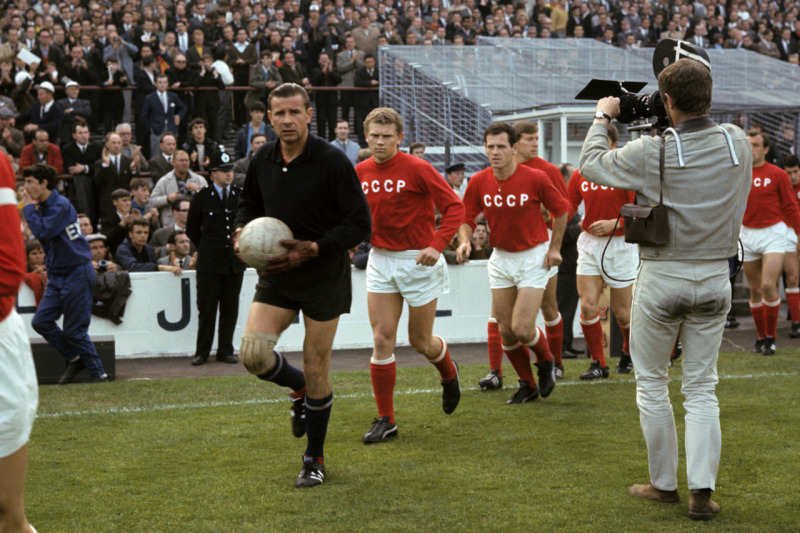
On the 21st of August, 1960, the UEFA Congress decided to bring in sanctions against Spain – an eventual fine of 2,000 Swiss francs – for what it saw as a blatant violation of its rules and regulations concerning the participating teams.
The Spanish press, akin to the earlier decision by Franco that wasn’t reported, chose not to focus on the incident and, as a result, nothing – not even a single word – was reported about it.
The only way by which Europe and the rest of the world came to know of this incident was through a dispatch from the AFP news agency that carried the headline ‘Football is a victim of the Cold War’

